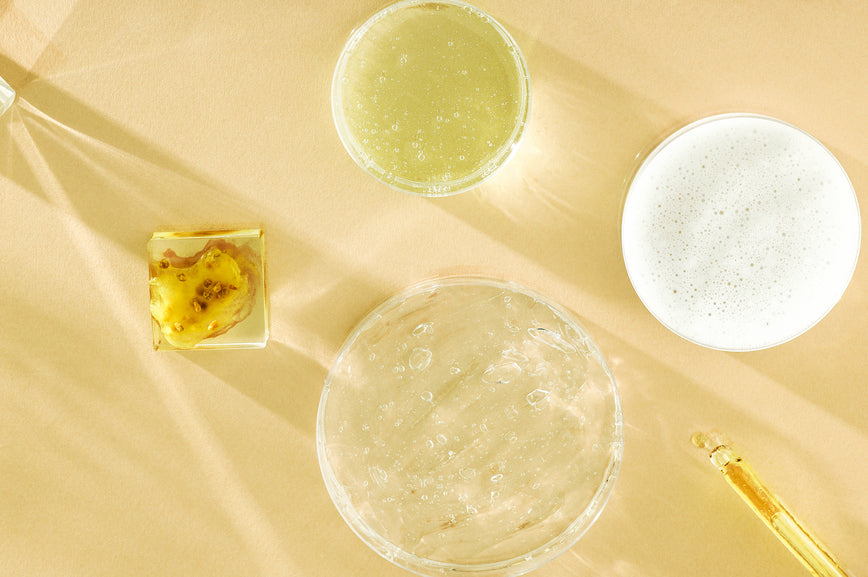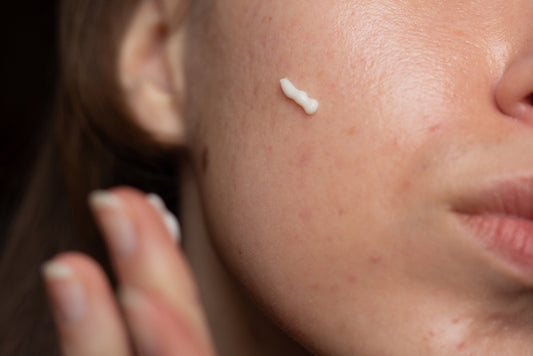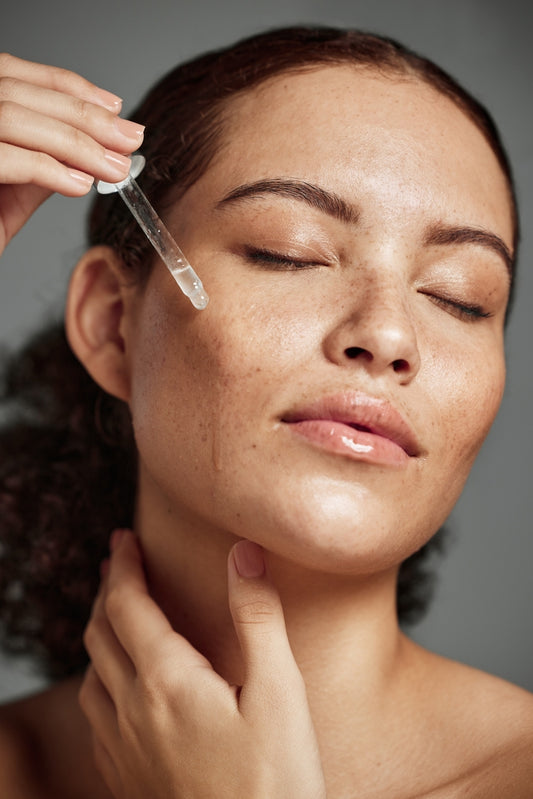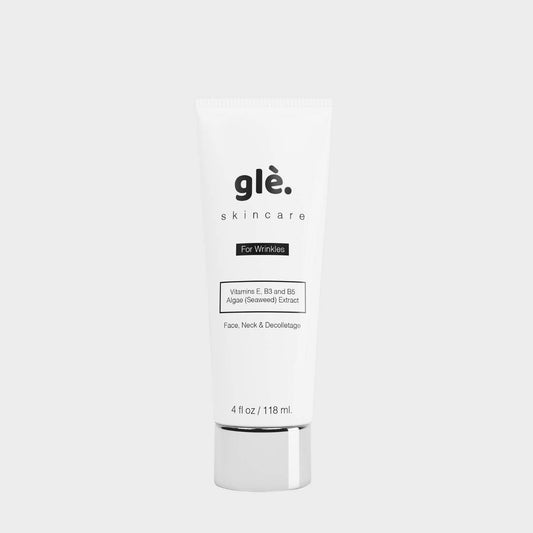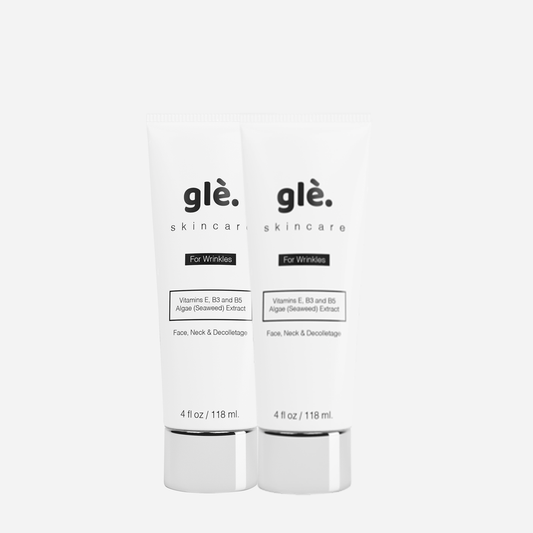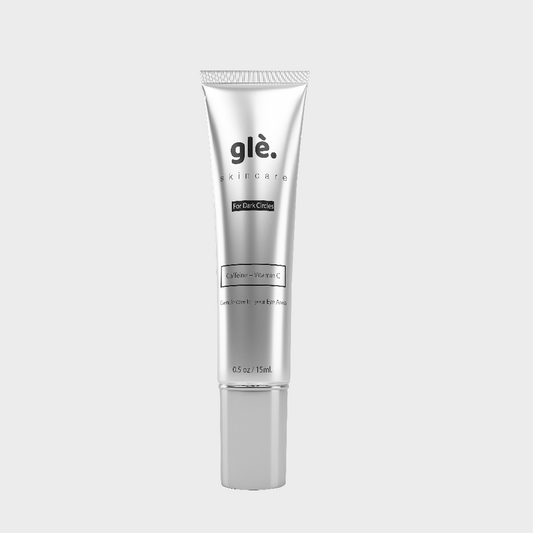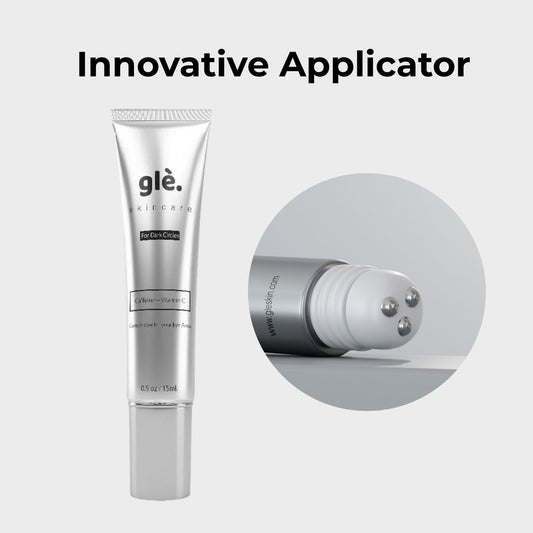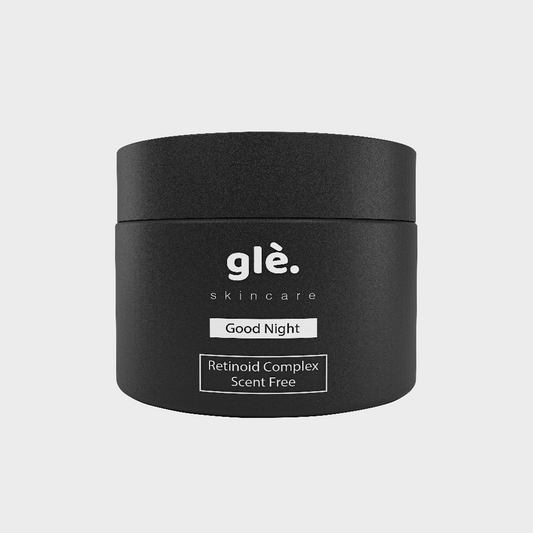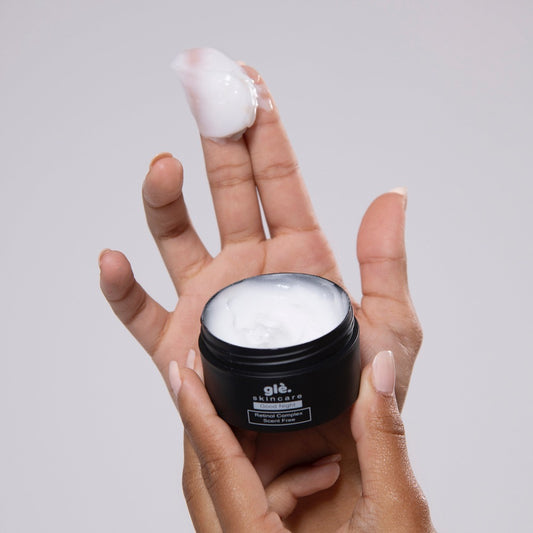In the realm of anti-aging skincare components, there are a few key points to remember. Only a select few ingredients are scientifically confirmed to reduce aging signs and wrinkles, and none of them work instantaneously. Regular and persistent use is required to see significant skin improvements. But when these ingredients are incorporated conscientiously and consistently into your skincare regime, the transformation can be substantial.
So, amidst the overflow of beauty products and ingredients, which ones are effective for anti-aging? We consulted board-certified dermatologists for their insights on the most effective ingredients for wrinkle prevention and reduction.
Sunscreen
Sunscreen is fundamental for anti-aging skincare, as prevention is better than cure. Adopting a daily routine of applying a broad-spectrum SPF 30 or higher is crucial. "Sunscreen is the most researched anti-aging component," says Turegano. "Despite not seeming glamorous, it is indispensable. Without it, all other skincare products will be negated by damage caused by UV light exposure." Sunscreen shields your skin's DNA from UV damage and provides your skin cells an opportunity to rejuvenate, thus helping mitigate the formation of wrinkles and uneven skin tone. Given that up to 80% of visible signs of facial aging are due to sun exposure, a daily SPF is crucial. Rossi recommends using physical (also called mineral) sunscreens, which contain either zinc oxide or titanium dioxide.Retinoids
Retinoids, according to Turegano, are the "gold standard" in anti-aging ingredients. Derived from vitamin A, retinoids work deep in the collagen, aiding in its remodeling and skin surface renewal. They also address skin discoloration and uneven skin tone. "Retinoids" is a collective term encompassing more specific ingredients such as retinol (available over the counter) and prescription-strength retinoids like tretinoin. Gle echoes this, emphasizing that retinol works by stimulating cell turnover and increasing the skin’s natural collagen production, but its formulation is important to consider.
Vitamin C
Vitamin C, a powerful antioxidant, is known to boost the effectiveness of sunscreen by protecting the skin from UV and free-radical damage. It also helps generate collagen and deal with hyperpigmentation. As collagen production decreases with age, daily use of a vitamin C serum can protect your skin from UV-induced collagen loss and help stimulate collagen synthesis.Ferulic Acid
Ferulic acid is a powerful antioxidant that works with vitamin C to increase its effectiveness. It helps stabilize vitamin C formulas and neutralizes free radicals that undermine collagen production, preserving existing collagen and maintaining a youthful appearance.
Bakuchiol
If you seek a more natural alternative to retinol, Bakuchiol is a good choice. It not only enhances cellular turnover and skin’s existing collagen production but also fortifies the skin's moisture barrier, preventing potential irritation or moisture loss.
Peptides
Peptides, the building blocks of protein, help enhance collagen production and improve skin moisturization. Research has shown peptides to be fairly effective in anti-aging, with a study on a group of 22 women over the age of 40 revealing a significant reduction in skin wrinkles within two weeks of topical application.
Epidermal Growth Factor
These large proteins, derived from human, animal, or plant cells, boost structural proteins like collagen and elastin and aid in tissue repair following injury, making them ideal for post-procedural use.


